#marketing
Chapters and interviews tagged with ‘#marketing’
Related Book Chapters & Interviews
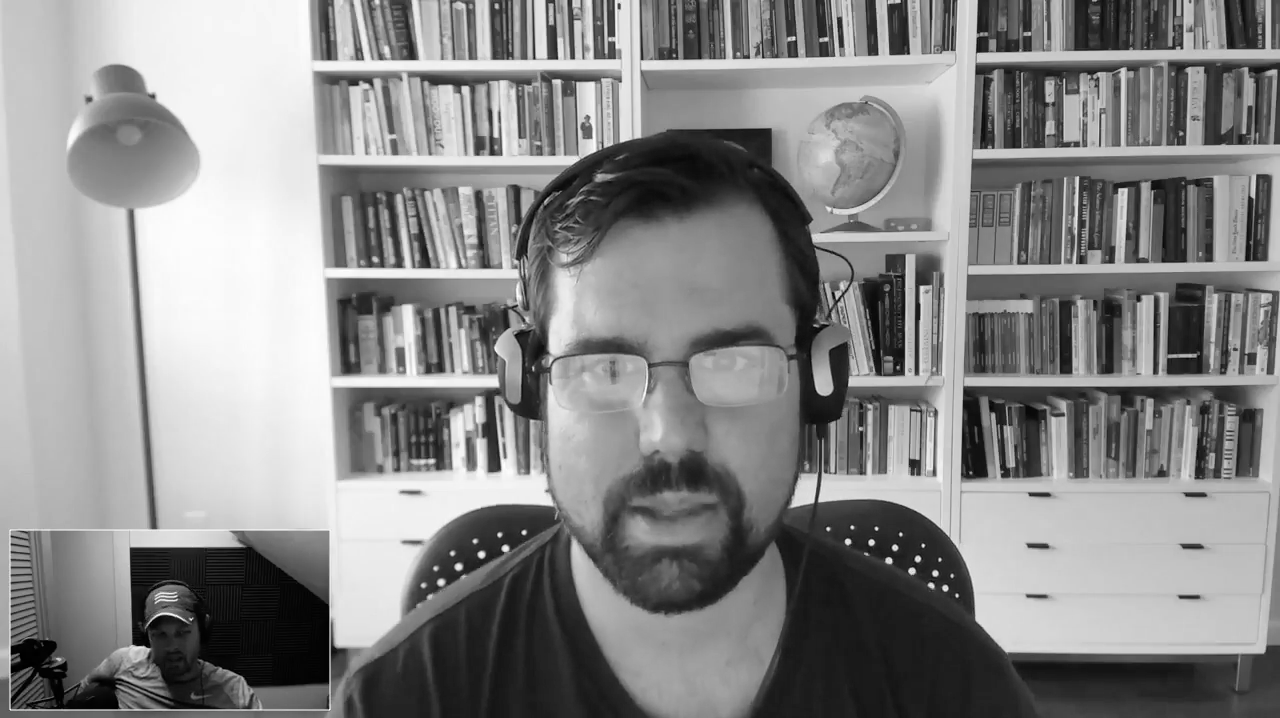 Interview № 24 of 24
Brennan Dunn
Interview № 24 of 24
Brennan Dunn
Brennan is a co-founder of Right Message. In this episode, we talk about the path he’s taken that led him to create Right Message and what he’s learned about building and launching SaaS applications based on his experiences with his various products.
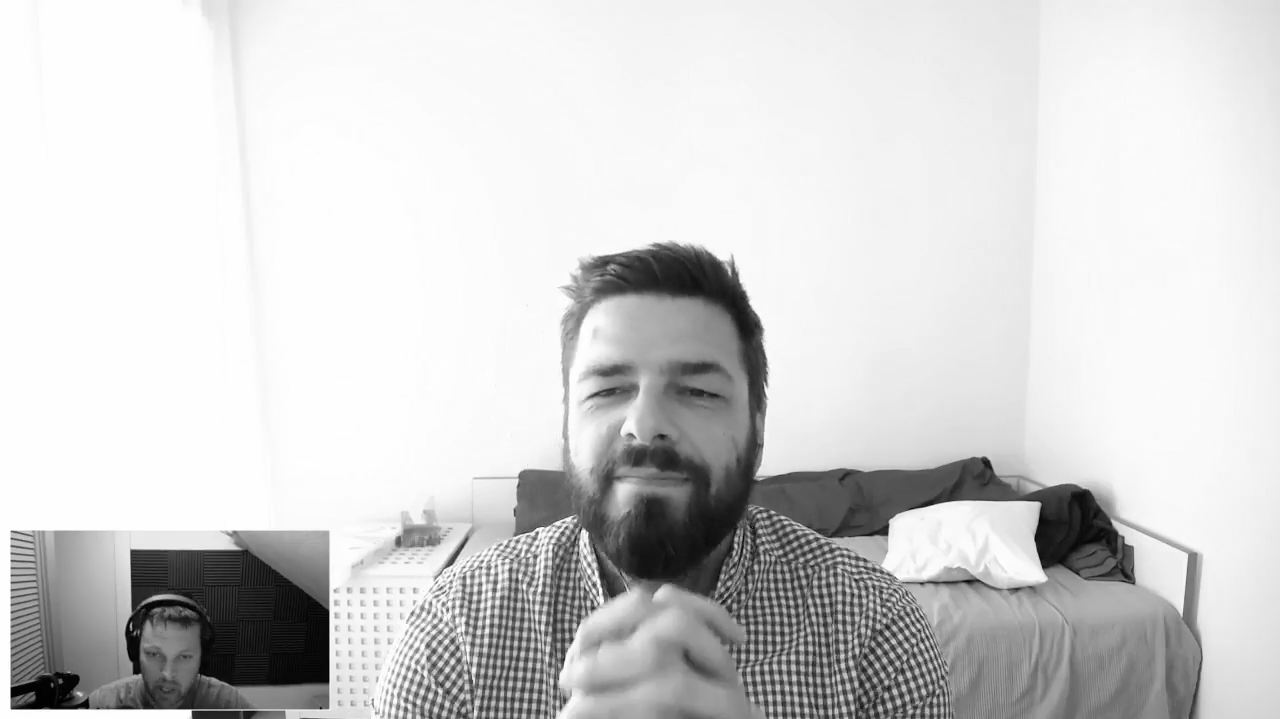 Interview № 23 of 24
Mathias Meyer
Interview № 23 of 24
Mathias Meyer
Mathias is one of the original founders of Travis CI. In this episode, we talk about the difficulty of leaving the company he helped start, and the challenges of moving on.
 Interview № 21 of 24
Steve McLeod
Interview № 21 of 24
Steve McLeod
Steve McLeod is the founder of Feature Upvote, a SaaS tool to enable your customers to suggest and upvote improvements. In this episode, we talk about and compare his experiences running both a B2C app and B2B app and the value of having a part-time system administrator on retainer.
One of the most common mistakes when launching an app is believing that if you build it, they will come. That would be great, but it simply doesn’t work like that. You have to start carefully and tastefully building anticipation and interest so you’re not launching into a vacuum.
It’s easy to forget when you’re focused on shipping, but you have to keep your customers in the loop. Tell them what’s coming, and help them prepare for transitions. Let them know when you have to go offline for emergencies and other planned downtime. Always strive to keep the lines of communication open and honest.
Launching is exciting. It’s a tangible milestone that represents an exciting day of watching your stats. It’s worth celebrating–but only briefly. Launching is where the work begins, not where it ends.
Like sales, marketing is a fundamental but often overlooked aspect of building a business. There are countless forms of marketing, and many of them aren’t even sleazy. Don’t do yourself a disservice. Understand and appreciate what marketing can do for your business.
Outsourcing can be expensive, but once you have the resources it’s more cost-effective to hire specialists than try to learn everything yourself. If it’s not a core competency, get help with it.
We’d all love to believe that for a great product, you don’t need marketing or sales. But if there’s anything that can separate you from every other founder, it’s taking sales seriously. You don’t need a sales force and pipeline on day one, but you should actively make it as easy as possible for potential customers to get on the phone with you.
More and more businesses operate with some degree of transparency. But how do you know if it makes sense to run your business transparently? Make sure you weigh the pros and cons before deciding one way or the other.
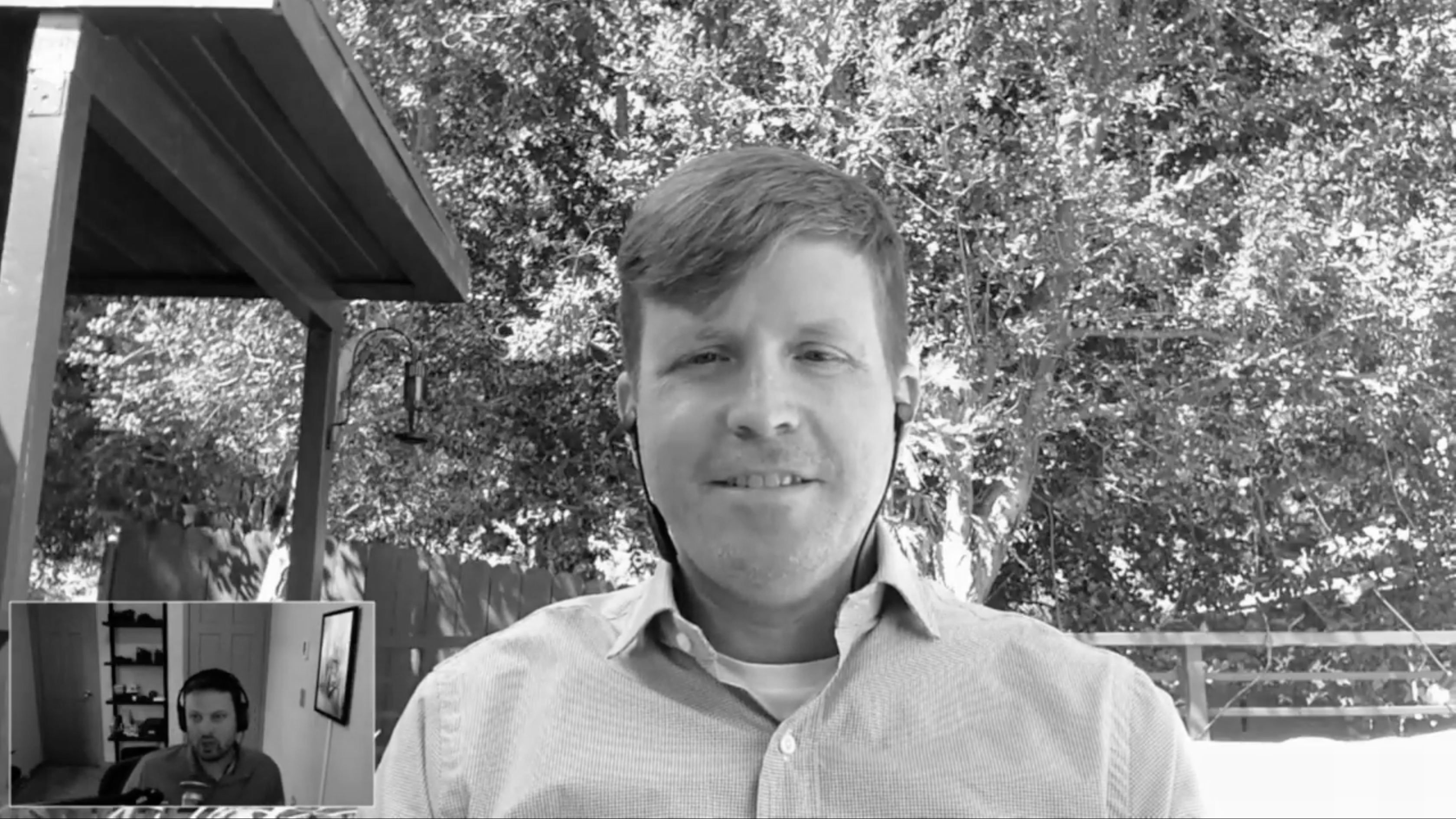 Interview № 19 of 24
Scott Nixon
Interview № 19 of 24
Scott Nixon
Scott Nixon is the co-founder of Meal Mentor, a subscription-based vegeterian meal planning service. Scott handles the technology side of the business and works to keep the operational side of things humming with software.
 Interview № 18 of 24
Matt Goldman
Interview № 18 of 24
Matt Goldman
Matt and I talk about running a SaaS business after acquiring it, the mistakes they made early after taking over Churn Buster, and the common ways that SaaS businesses get dunning wrong and how they can do better. We also talk about the value of iteratively improving automation for tasks and how important it is to clearly document and explain manual process.
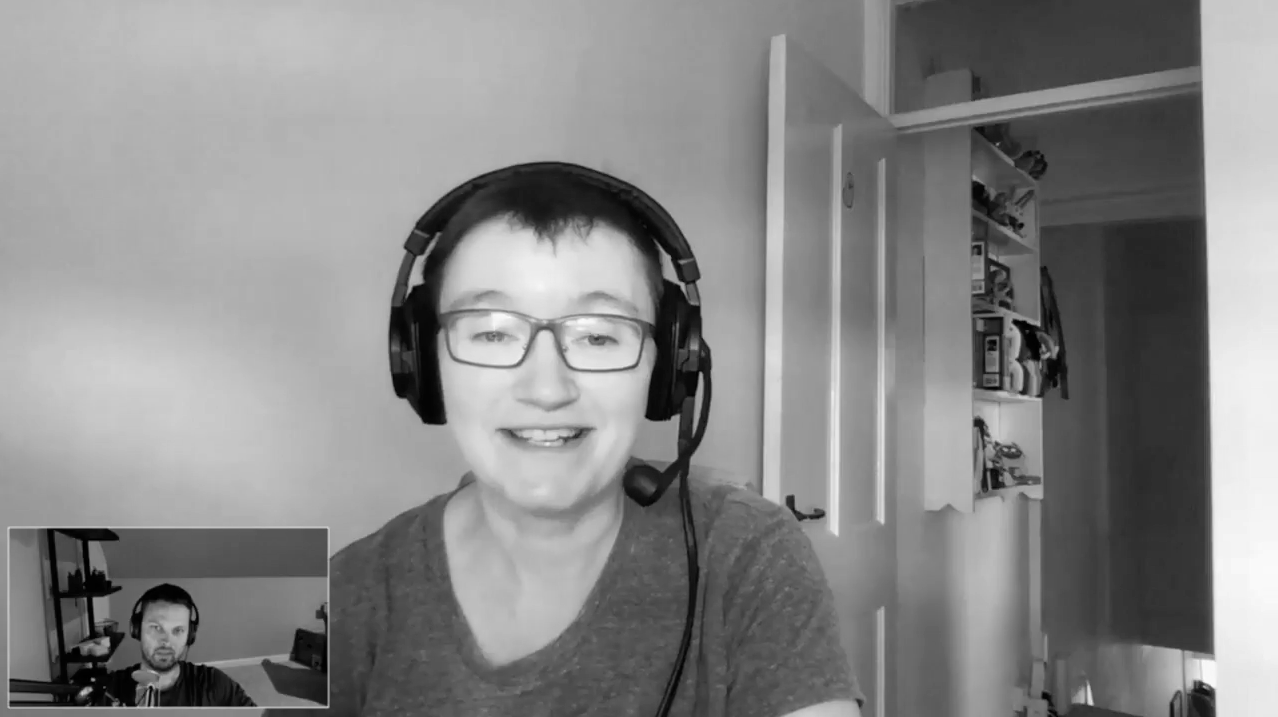 Interview № 17 of 24
Rachel Andrew
Interview № 17 of 24
Rachel Andrew
Rachel and I talk about what it’s like supporting self-hosted software, juggling a busy travel schedule to make time for work. She’s been working on Perch with her husband Drew for eight years, and they’re still going strong.
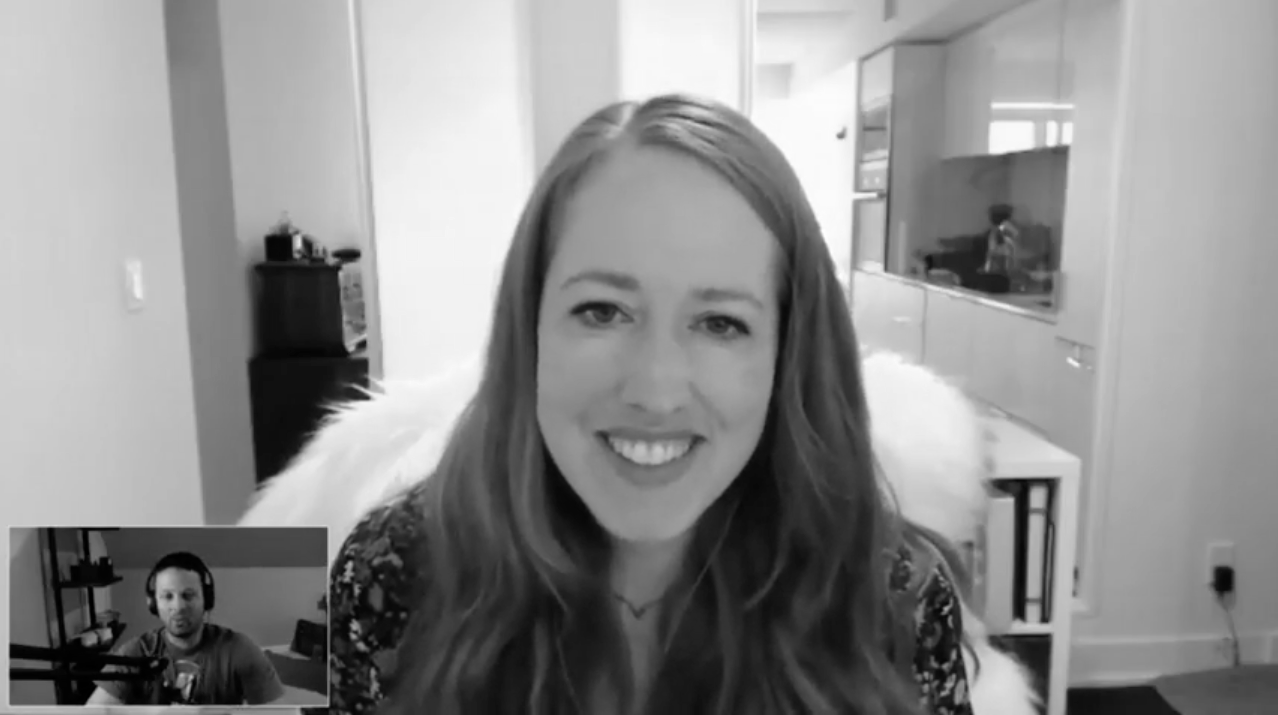 Interview № 16 of 24
Tracy Osborn
Interview № 16 of 24
Tracy Osborn
Tracy and I talk about her experience building and running Wedding Lovely, raising some funding for it, losing a co-founder, and even going through a heart-breaking acquisition process with Etsy. Through it all, she’s kept going and even published books to help others build their own web applications. She’s a brilliant example of someone that simply won’t give up, and while there’s no IPO looming, she’s making a great living doing what she loves with a small team.
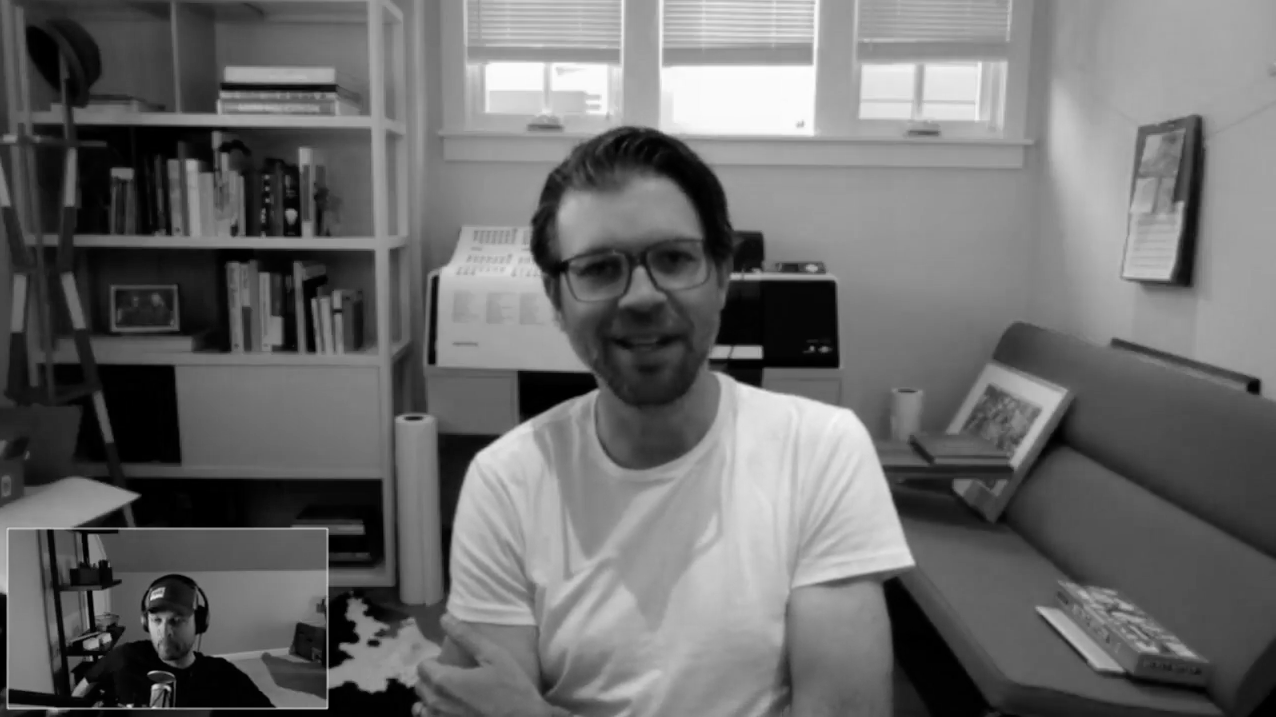 Interview № 15 of 24
Josh Williams
Interview № 15 of 24
Josh Williams
Josh and I discuss what it’s like going from a bootstrapped small team to a team of 30 in a funded startup. We touch on what it’s like going from being a lifelong business owner to being an employee of a large corporation experiencing huge growth. And we talk about some of the differences between building a small profitable business and hitching your wagon to venture capital. Simply put, Josh brings some great perspective and deep insight to building and running software businesses.
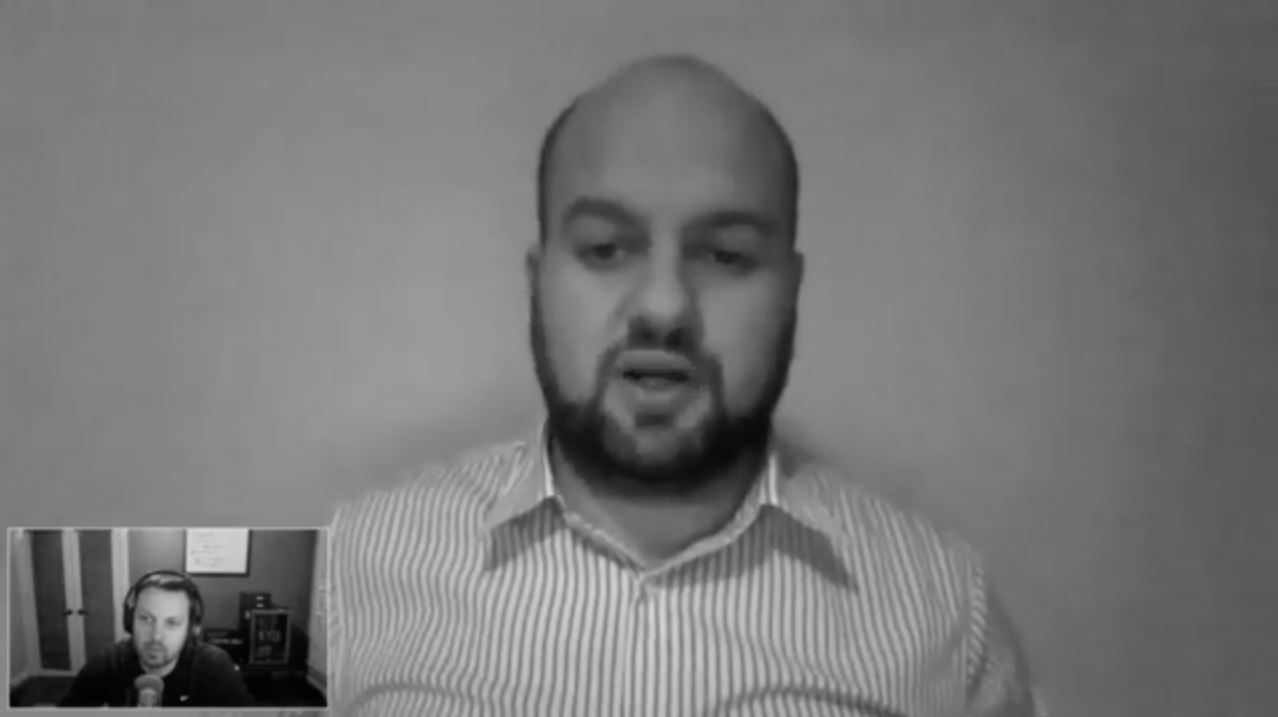 Interview № 14 of 24
Thomas Smale
Interview № 14 of 24
Thomas Smale
Recently I sat down this Thomas Smale of FE International. Thomas and FE International helped me sell Sifter and made the whole process seem easy. After selling so many online businesses, FE International has the process down to a science, and they’ve been able to pick up on quite a few trends. So Thomas takes some time to share what they’ve seen and what matters when it comes to buying or selling an online business.
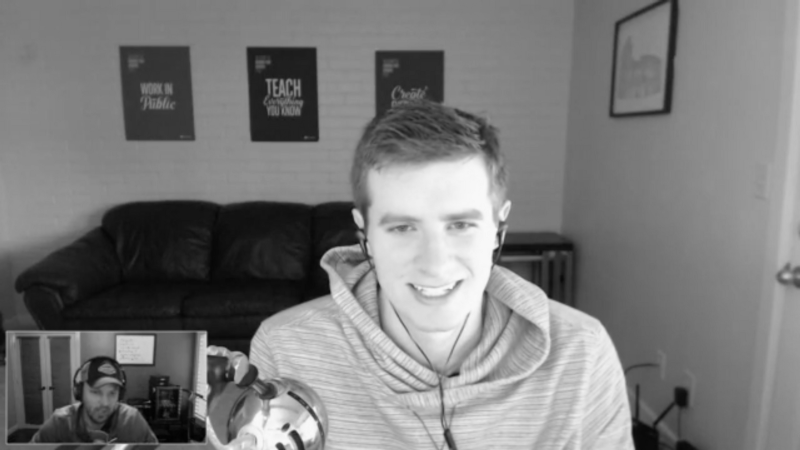 Interview № 13 of 24
Nathan Barry
Interview № 13 of 24
Nathan Barry
Nathan and I talk about the early days of ConvertKit, reaching a point where he had to make a decision to invest more significantly in it or walk away. He invested a significant portion of his income from other projects and really doubled down to make it work long before it was obvious things were going to take off. He talks about his sales process and how it simultaneously helped him better understand the needs of potential customers as well as build a relationship and find his first customers.
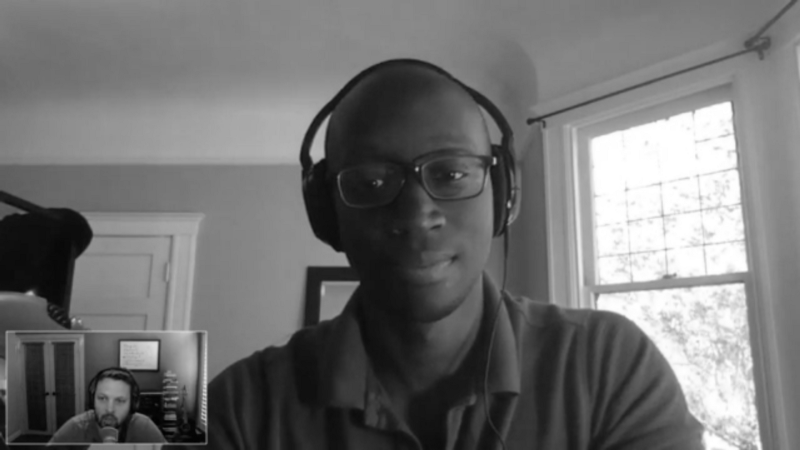 Interview № 12 of 24
Courtland Allen
Interview № 12 of 24
Courtland Allen
Courtland’s story is great because he’s been on a bit of the roller coaster, and now he’s starting fresh with Indie Hackers. He’s interviewing other founders of businesses of all sizes and helping to shed light on what’s possible for small independent software-based businesses. At the same time, the stories are also grounded in realistic stories of slow growth and hard work instead of just focusing on those businesses that hit the jackpot. Courtland’s past experience combined with his discussions with other founders has given him some great perspective and insight on what works and doesn’t work for small software businesses.
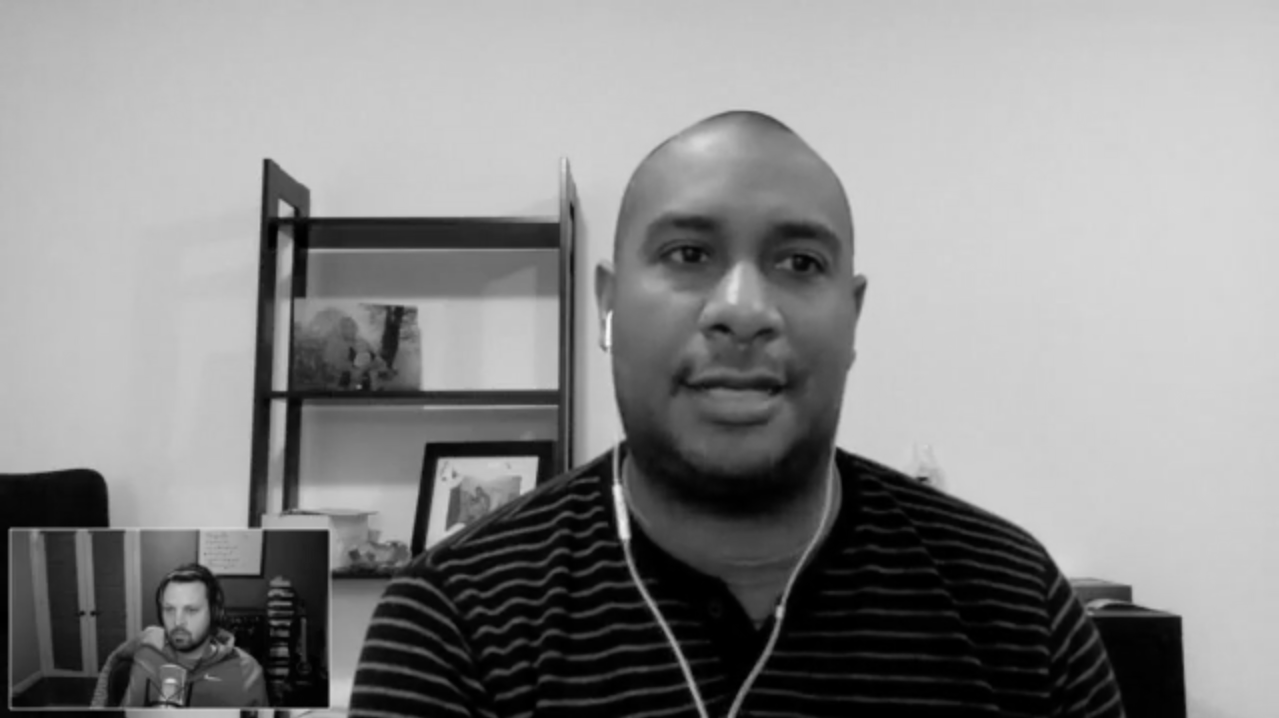 Interview № 11 of 24
Ruben Gamez
Interview № 11 of 24
Ruben Gamez
Ruben’s story with Bidsketch is a great example of how a simple small business can grow into something healthy sustainable on a reasonable timeline. He started out simply with very little in the way of expectations, and bootstrapped the business to profitability it on the side of a full-time job and now manages a remote team of four additional people. We talk about the challenges of growing and managing a remote team as an introvert, the process of recovering after he accidentally deleted all of the customer billing data, and much more.
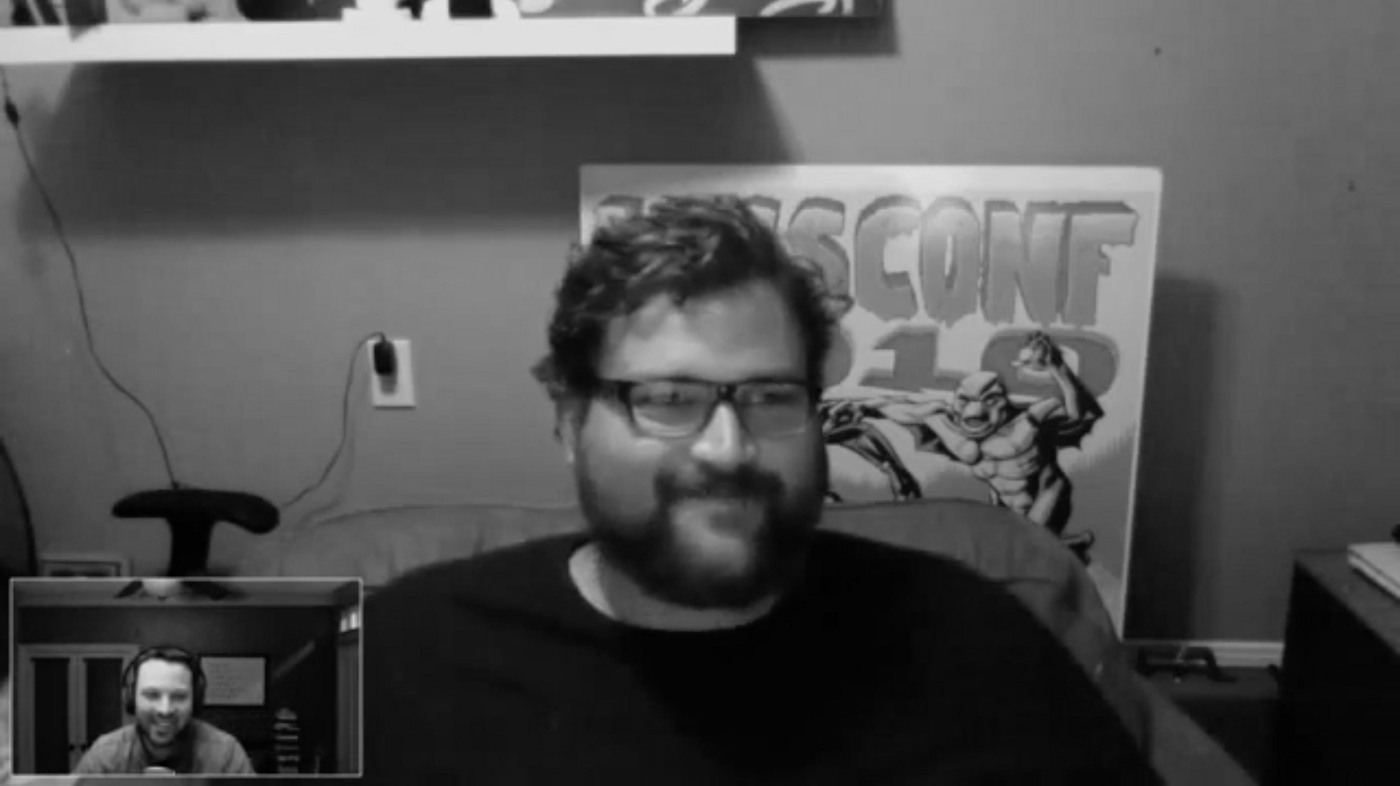 Interview № 10 of 24
Allan Branch
Interview № 10 of 24
Allan Branch
During a time when seemingly everyone is trying to build a product and move away from consulting, Allan is doing just the opposite and moving from SaaS and recurring revenue back to good old-fashioned consulting. We talk a little about the process of selling LessAccounting, the ups downs of trying to grow a SaaS application, and some ways to take a step back and make sure that you’re working on things you’re passionate about.
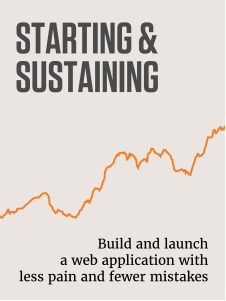 Be Fully-prepared to Launch Your Own SaaS Application
Be Fully-prepared to Launch Your Own SaaS Application
Get a free playbook, worksheet, and short email course to help you navigate the journey so you can be ready to build your own SaaS application.